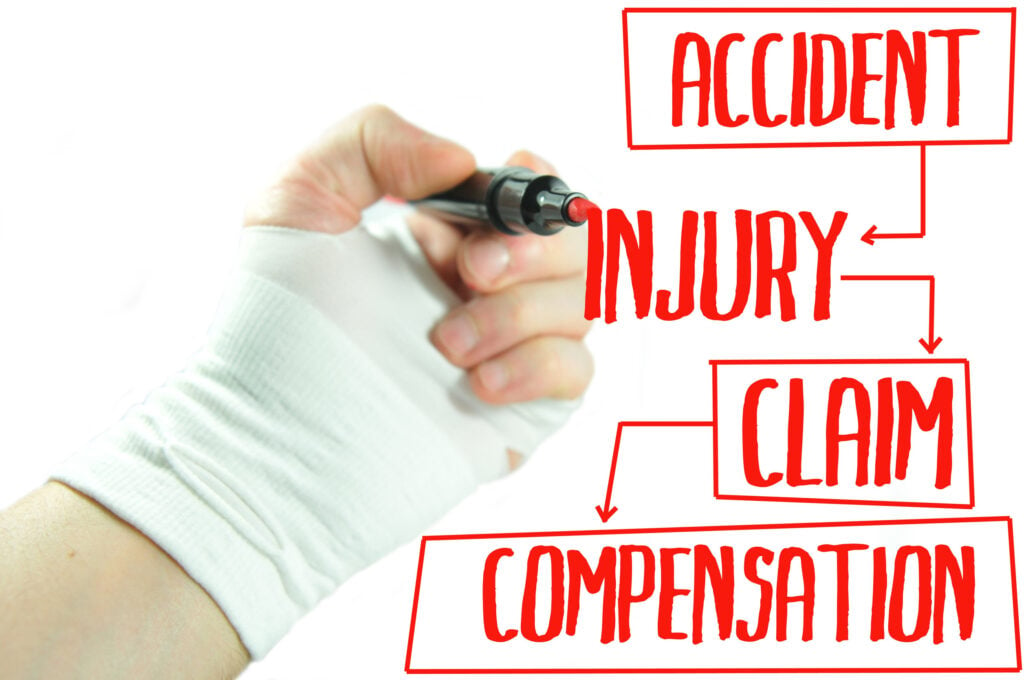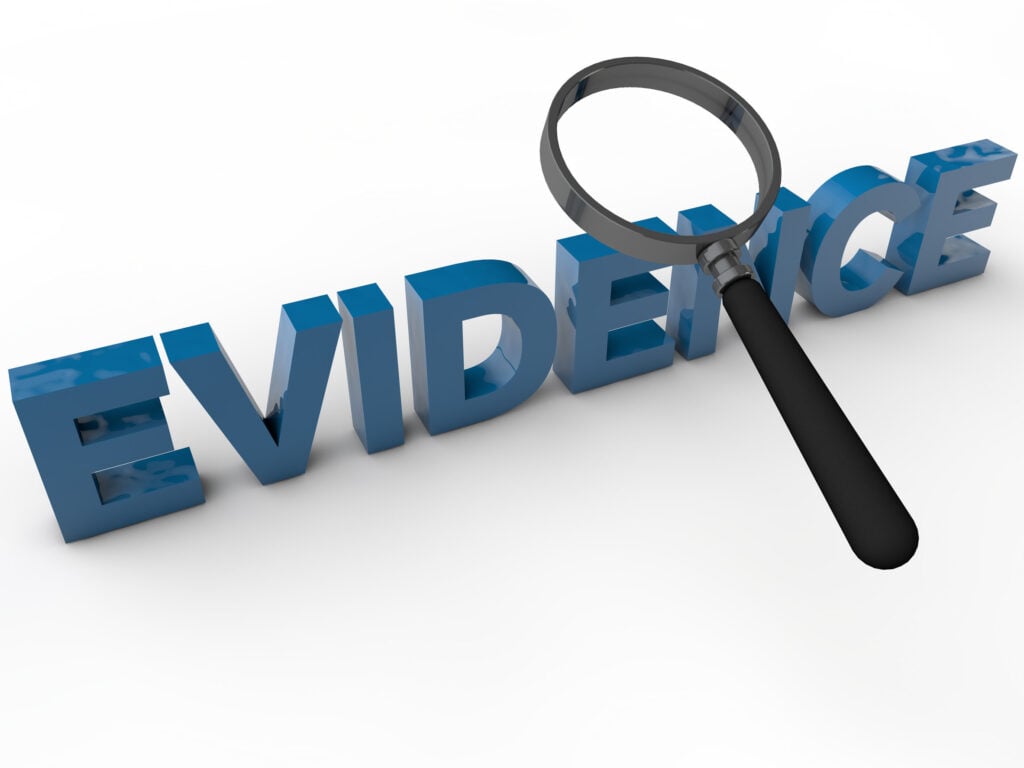
Ideally, once you reach the end of the personal injury settlement process, you and your lawyer have been able to secure a fair amount of compensation for your injuries, and you are paid quickly and efficiently. Unfortunately, this isn’t always the case and you may find that you don’t get paid or that you don’t get paid the correct amount.
In other cases, a crucial new piece of evidence may emerge regarding your case after a verdict or settlement has been reached. When these things happen, many people wonder whether they can reopen their injury case after settling? In this blog, Lerner and Rowe Injury Attorneys explains the legal nuances of reopening personal injury cases and how to make sure you get every cent you’re owed.
Is it Possible to Reopen a Personal Injury Case?
While it is possible to reopen a personal injury case after settlement, it doesn’t happen very often. The vast majority of the time, injury cases can’t be reopened because settlement agreements are considered final. If you signed something called a Release of Liability form before you got your settlement, you essentially forfeit any right to sue the at-fault party or their insurance company for any future injuries or losses.
Being dissatisfied with the amount of your compensation isn’t a valid reason for reopening a case. But there are still limited circumstances under which it might be possible to do so. So what exactly constitutes grounds for reopening your personal injury case?
There Was a Clerical Error in Your Settlement Agreement
While a random typo might not make much of a difference, even small clerical errors can seriously impact your settlement. If you and your lawyer agreed to settle for $15,000, but the figure was misprinted as $1,500 in the settlement agreement, naturally you will have legal recourse. If an error was made while drafting your settlement agreement, you’re well within your rights to have the error corrected and reopen your case.
The Responsible Party Doesn’t Pay the Judgment
In addition to how much you’ll be paid, settlement agreements or judgments also specify when you should be paid. For example, if the responsible party is supposed to send you the settlement amount within ten days of signing the agreement and fails to do so, you can reopen your personal injury case. Insurance companies or at-fault parties who dodge phone calls and emails or “pass the buck” instead of promptly sending you the compensation you’re owed can and should be held liable.
There’s New Evidence in Your Injury Case

If new evidence comes to light regarding who or what caused your personal injury, it could (but may not always) be reason enough to reopen your personal injury case. In many cases, there are stipulations about what kind of novel evidence is enough to warrant reopening a case. New evidence generally must be truly new in the sense that you or your lawyer had no reasonable way of knowing such evidence existed when you first filed a claim.
Realizing that your injuries are more extensive than you initially thought isn’t the kind of evidence that would allow for reopening a personal injury case. This is yet another reason why it is crucial to receive high-quality, well-documented medical care after an injury. It’s also a good reason not to accept premature and/or low settlement offers from insurance companies shortly after an accident, since the extent of your injuries may not yet be fully known.
Another Party May Be Liable for Your Injuries
Whether it’s a car accident, slip and fall, or a workers’ compensation case, blame may not always rest solely on the shoulders of one person, company, or entity. In fact, there may be two or more parties who can be held liable (or at least partially liable) for an injury. In a car accident, for example, a driver may be found responsible for a rear-end collision. But if it also turns out that their vehicle’s brakes were defective, the company who designed or manufactured them could be held liable for your injuries by pursuing a potential products liability claim. This could result in the case being reopened or the ability to subsequently sue the manufacturer of the faulty brakes.
The Insurance Company Used Bad Faith Tactics
Working with insurance companies isn’t always easy. Insurance adjusters may question the validity of your claim or the value of your injuries. But some insurance companies go beyond just being difficult to work with and engage in bad faith insurance tactics. These illegal tactics are designed to deny rightful claims or misrepresent a policyholder’s coverage. Reopening personal injury cases may be possible if a plaintiff or their attorney can prove that the insurance company acted in bad faith.
You Had Inadequate Legal Counsel
Finally, injured victims who received negligent legal advice from an attorney may be able to sue their lawyer for legal malpractice. If your personal injury attorney failed to file claims or documents on time, failed to prevent legal errors, or failed to know and understand the laws pertaining to your personal injury case, you could have a case against them. When such a breach of duty occurs and a client suffers damages as a result, that client may successfully win a legal malpractice case.
Find Out If Your Injury Case Can Be Reopened
If you already settled a case or are considering accepting a settlement offer but still have questions, the legal team at Lerner and Rowe Injury Attorneys has answers. Our nationwide, award-winning personal injury law firm has helped thousands of clients get the compensation they deserve—we can help you, too.
To claim your free, no obligation consultation, call us at 844-977-1900. Our phone lines are open 24/7 to take your call. You can also connect with a representative online right now by using our LiveChat service. To have your information forwarded directly to one of our offices, simply fill out this confidential form with your case details. Initial consultations are always free, and we charge you no fee until we win your case.



